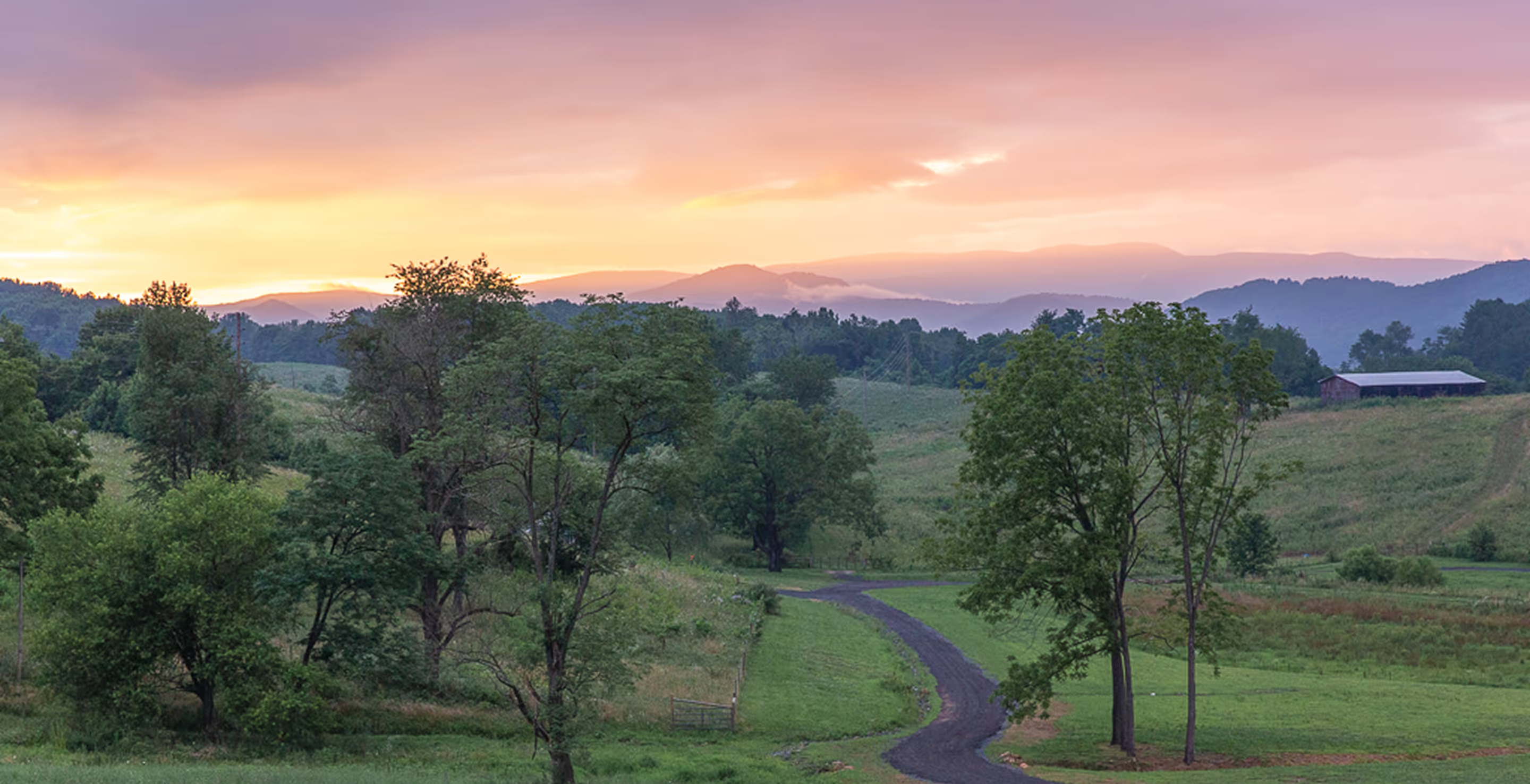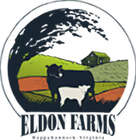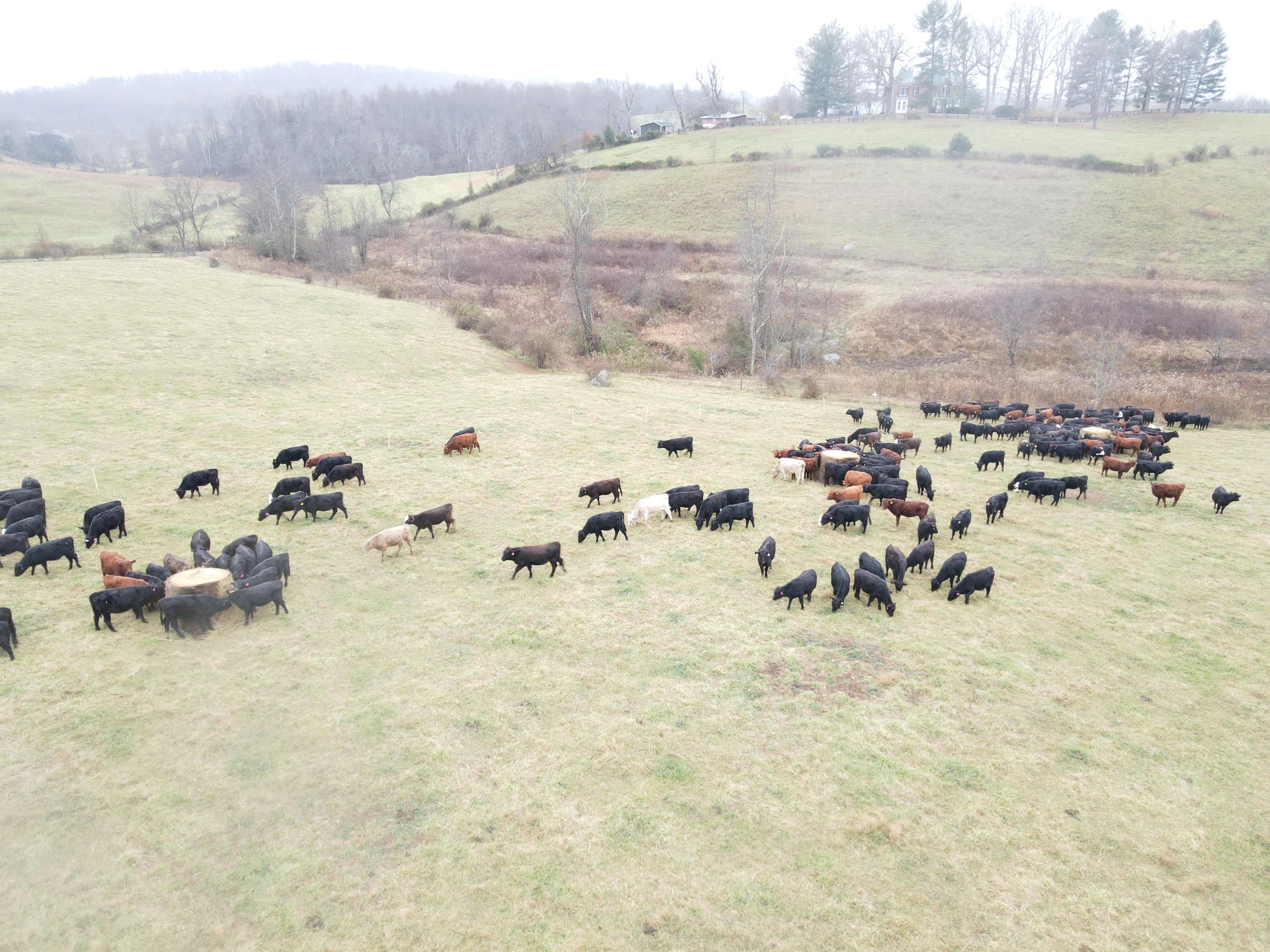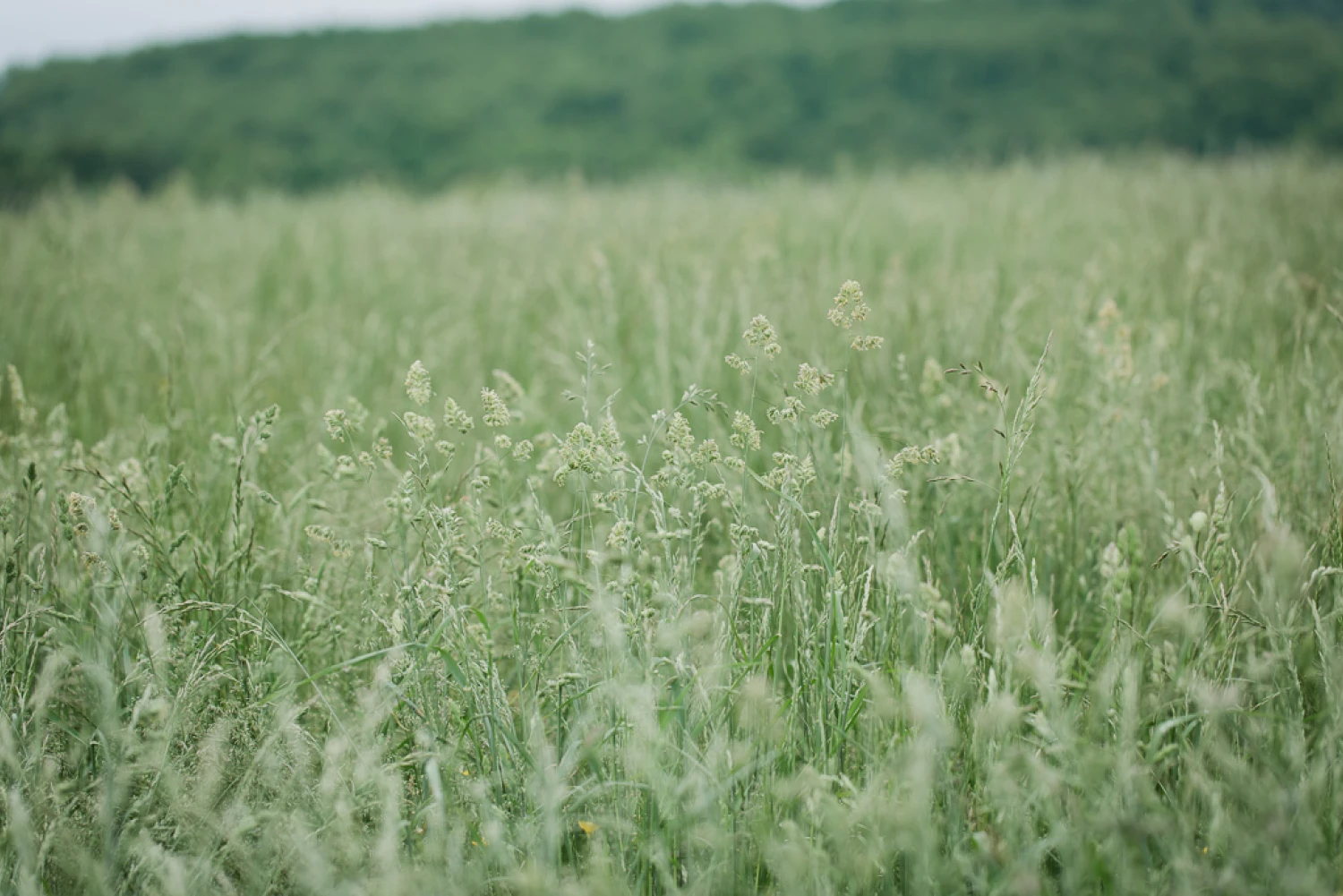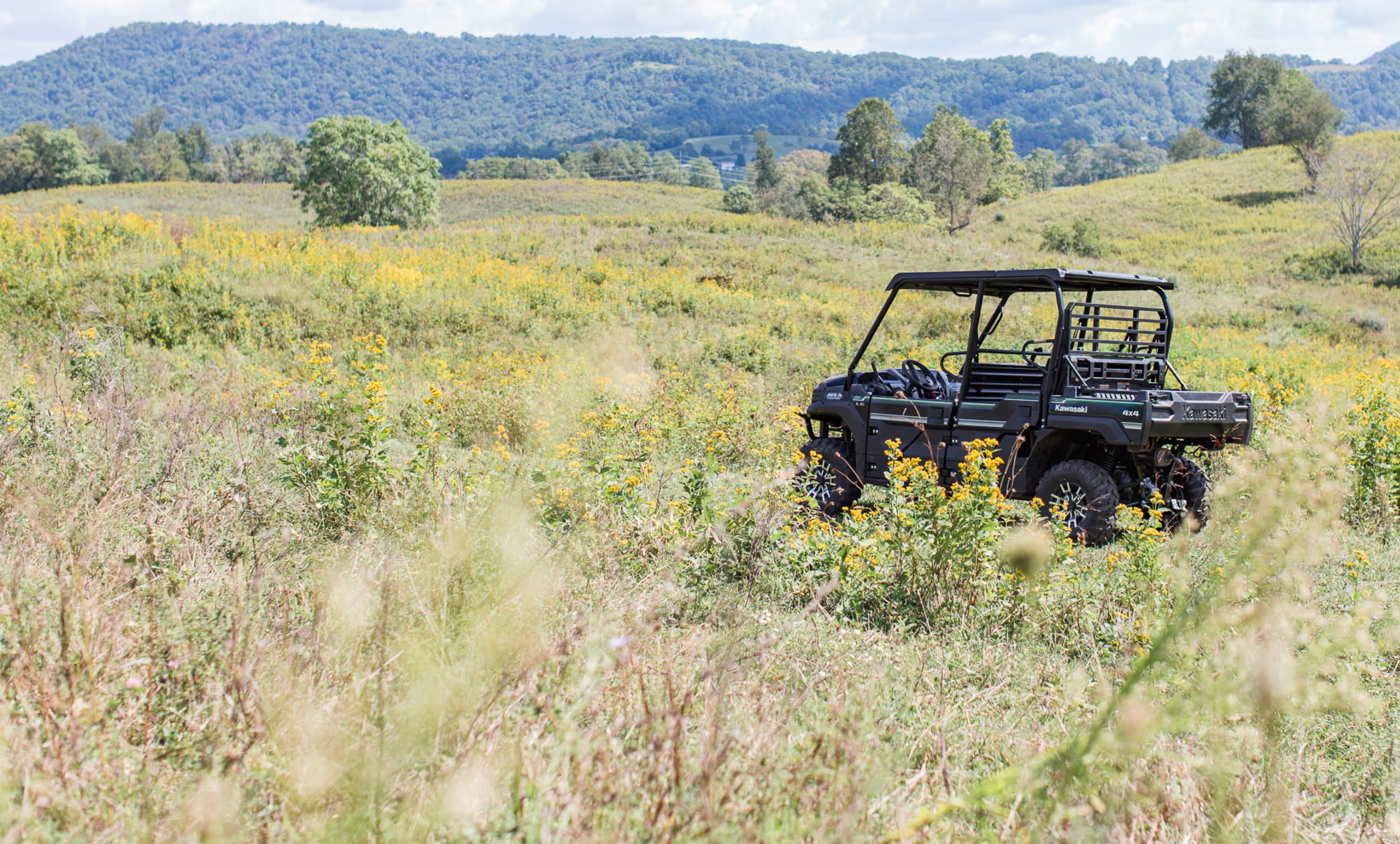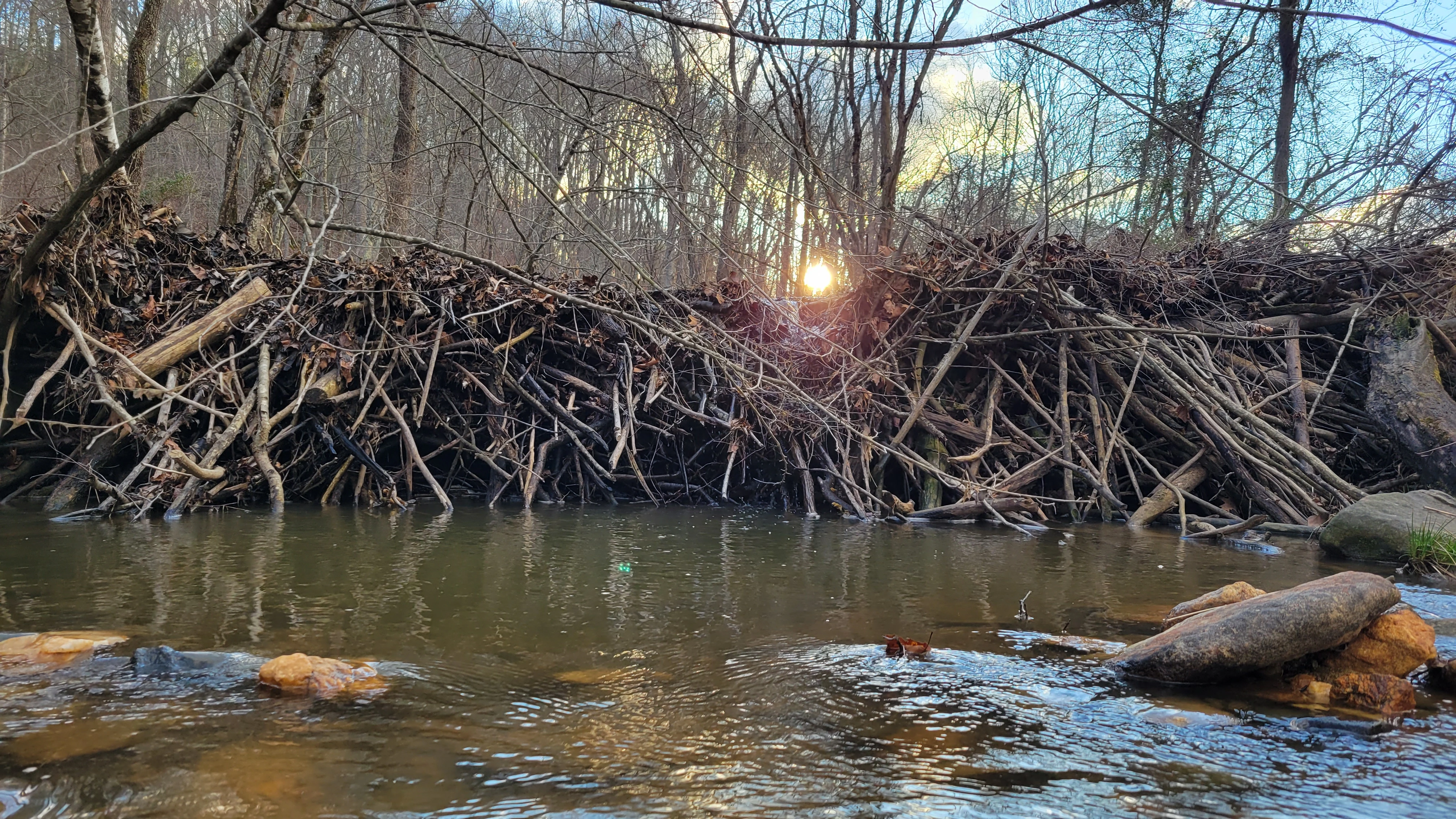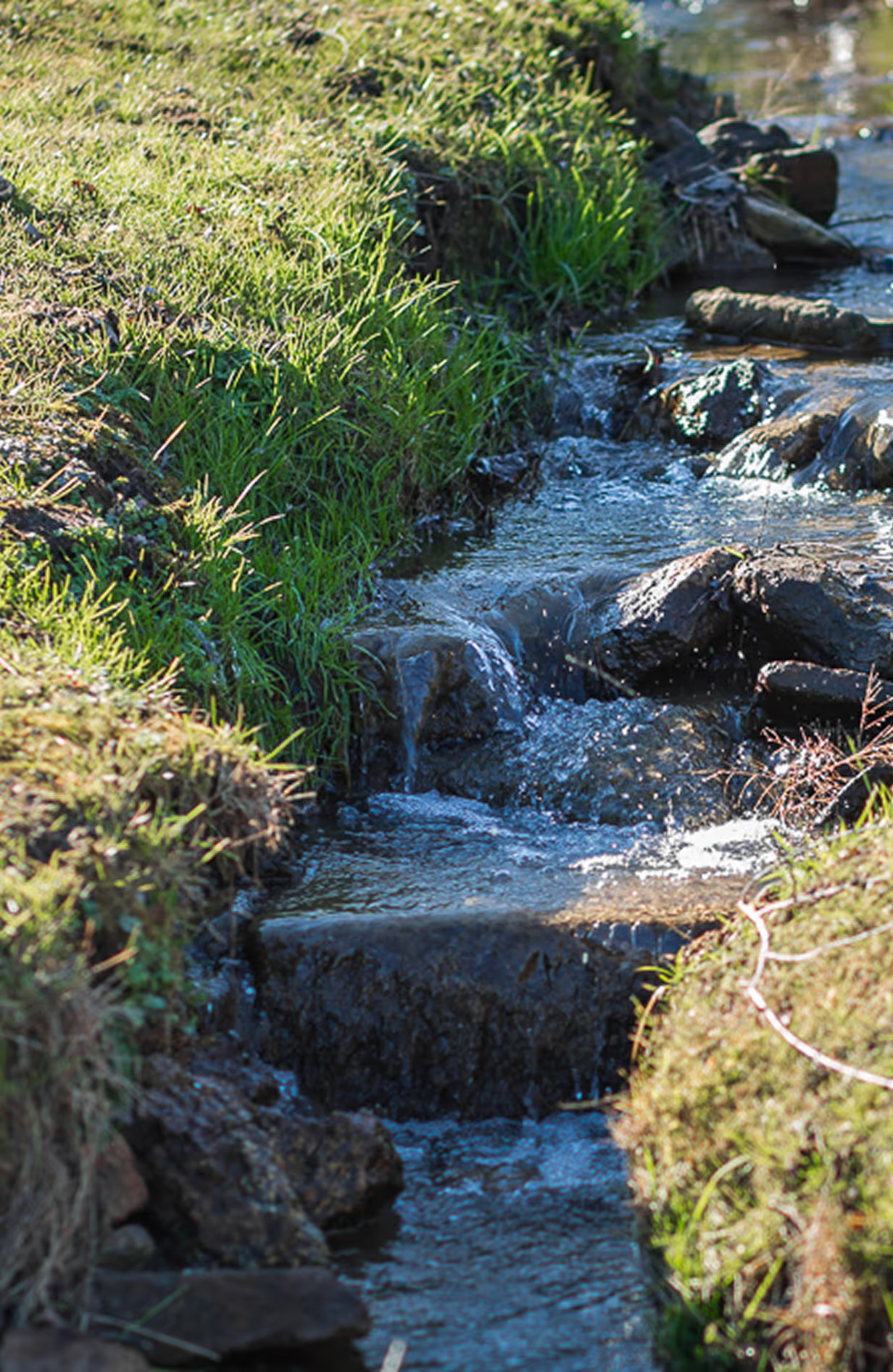Where farming thrives & nature flourishes
Eldon Farms: A 7,100-acre working landscape in Rappahannock County proving that profitable agriculture and healthy ecosystems belong together.
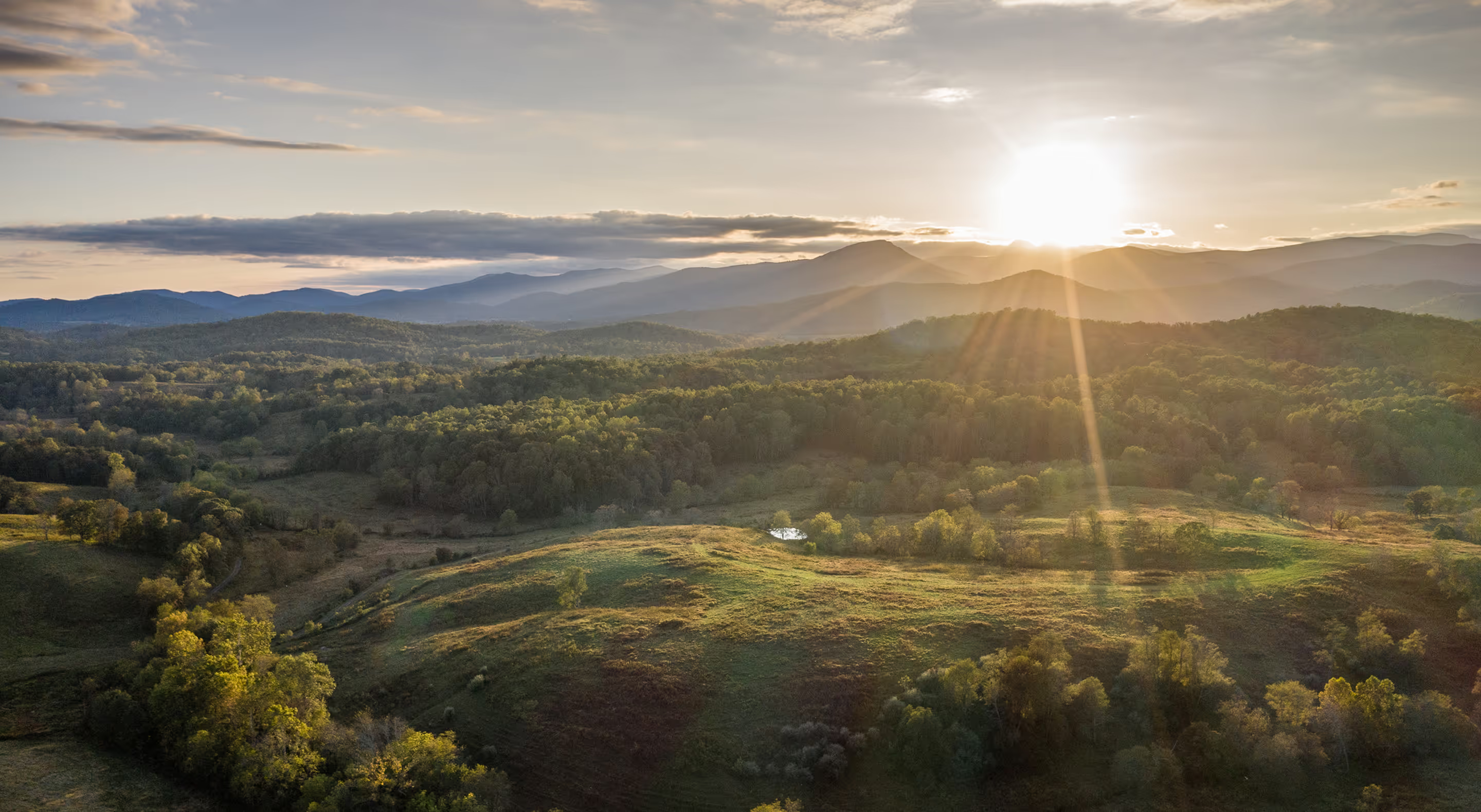
Our living laboratory for healthy land and strong farms
We all care about this county – its open fields, blue mountains, country charm. Yet whether farmer, gardener, landowner, or conservationist, we all knock heads. But there’s a world where everything is balanced and everyone benefits. We’re navigating the complexity, actively discovering practical ways for agriculture, ecology, and community to support each other.

Healthy Ecosystems
Thriving Biodiversity: Creating habitats where native plants and wildlife flourish alongside working lands, improving resilience and natural beauty.
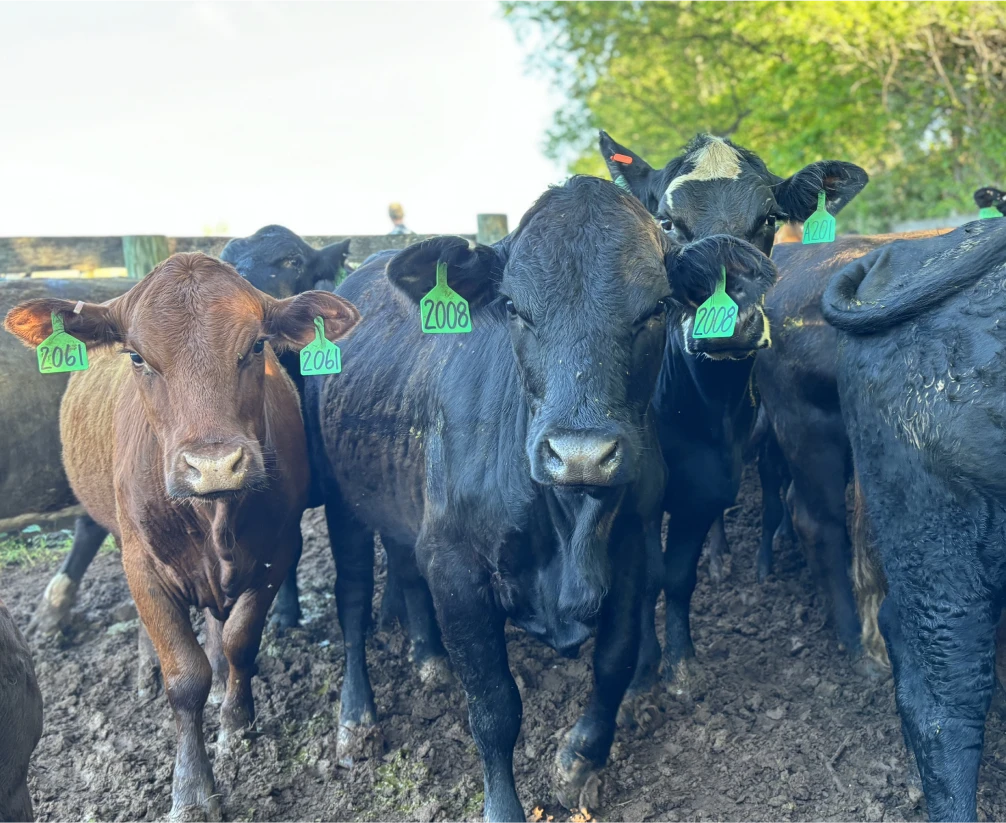
Profitable Grazing
Smart Farming: Implementing innovative, cost-effective techniques that enhance land health while ensuring long-term economic viability for farms.
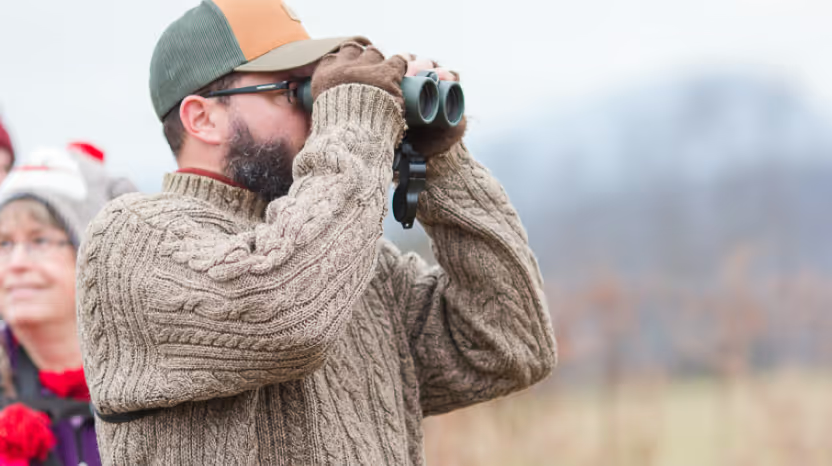
Connected Community
Shared Stewardship: Engaging neighbors through practical education and preserving the open spaces that maintain Rappahannock's unique character.
Keep Rapp special, starting in your yard
You chose this place for its open fields, natural beauty, and quiet character. Simple stewardship choices on your own land help protect it for generations to come.
Whether you have one acre or one hundred, you play a role in Rappahannock's future. Learn how to swap harmful invasive plants for beautiful natives that support local wildlife, discover low-maintenance ways to enhance your property's ecological health, and connect with resources like Hill House Nursery to get started.

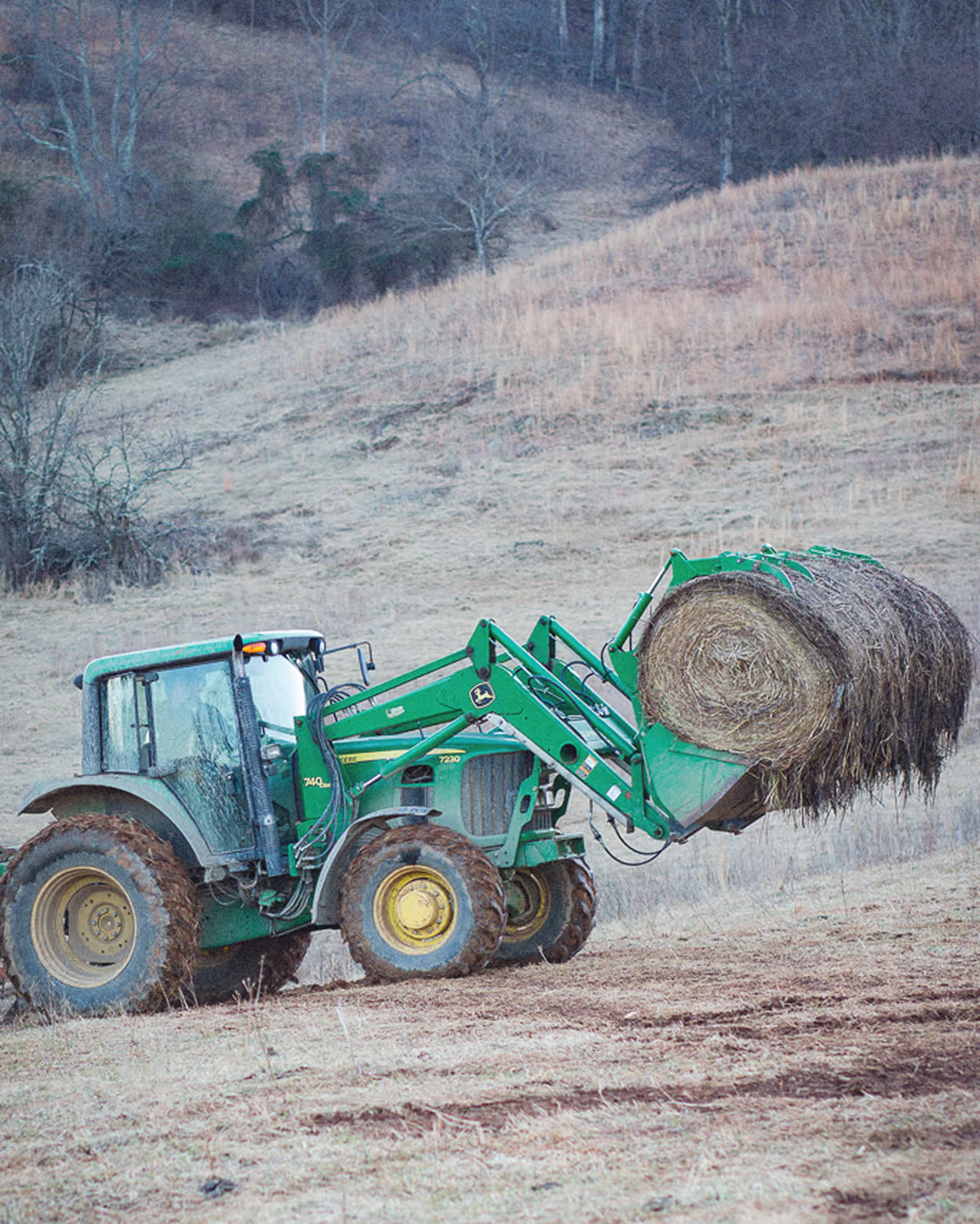
Profitable farming that works with the land
Build resilience against market swings and weather extremes with practical, proven methods that enhance your soil, improve herd health, and reduce input costs.
We're testing and sharing innovative techniques like bale grazing that dramatically cut winter feeding expenses and rotational strategies that grow more forage on the same acreage. Explore how integrating conservation-minded practices can strengthen your bottom line and make your operation more sustainable for the long haul.
Cultivating & measuring healthy ecosystems
We use data and careful observation to understand how our management impacts the land, proving that thoughtful agriculture can enhance biodiversity and ecological health.
Start stewarding today
Explore ways to start shaping your land today, whether you have a garden bed or thousand acres.
Tackle Invasive Plants
Learn to identify and remove plants harming our local ecosystem.
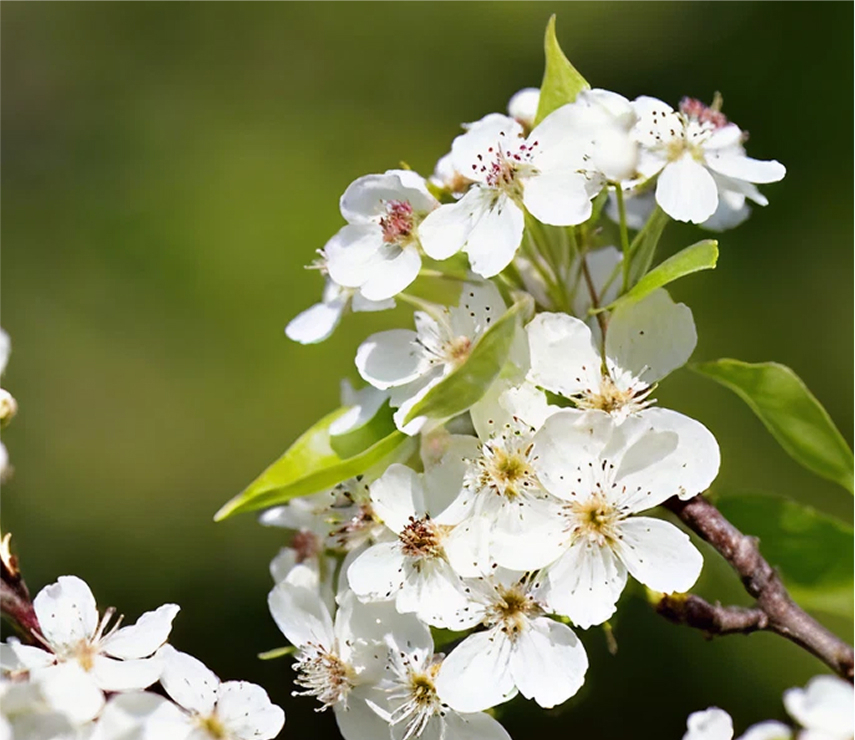
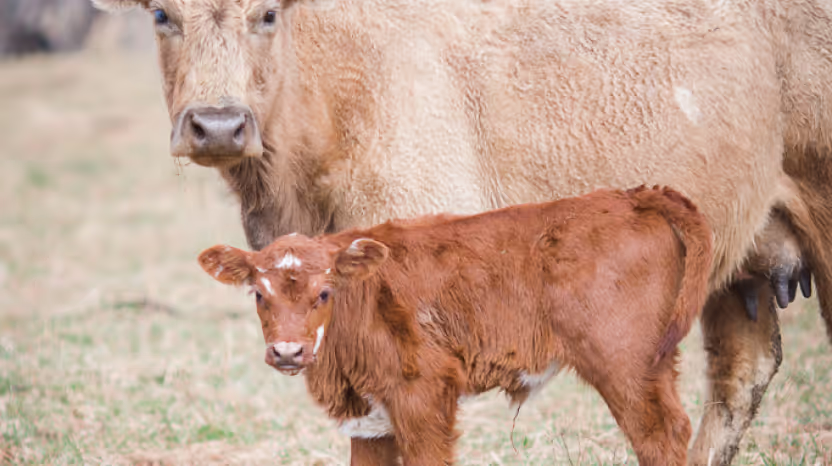
Start Bale Grazing
Discover how this simple technique could save time and money on your farm.
Attract Native Birds
Learn about the native species we have in the county and how you can help them flourish.
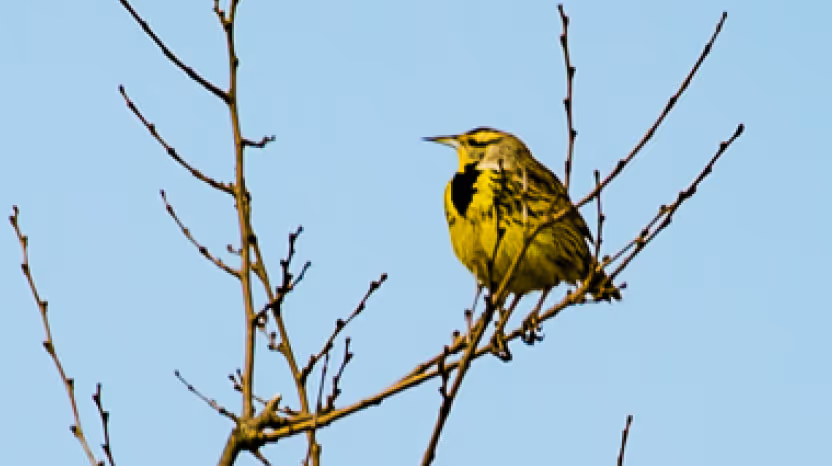
Common questions about our approach
What does 'sustainable stewardship' actually mean at Eldon?
It means actively managing our land – not just leaving it alone – in a way that balances long-term ecological health with practical economic needs and community well-being. We use observation, data, and ongoing learning to adapt our practices.
Can small farms or landowners really use these methods?
Absolutely. Many techniques, like choosing native plants or targeted invasive removal, work at any scale. Farming practices like rotational grazing can be adapted. We focus on practical, scalable solutions.
Isn't balancing conservation and profitability just a compromise?
We see them as reinforcing. Healthy soil grows better forage, reducing feed costs. Clean water supports healthier livestock. Biodiversity creates resilience. It's about finding synergies, not just trade-offs.
How do you measure success?
We track specific metrics for soil health, water quality, biodiversity, and farm productivity. Data helps us learn and adapt, ensuring our methods truly work long-term.
Subscribe & stay connected with sustainable stewardship
Get seasonal updates, practical stewardship tips, research insights, and invitations to workshops and events delivered to your inbox.
